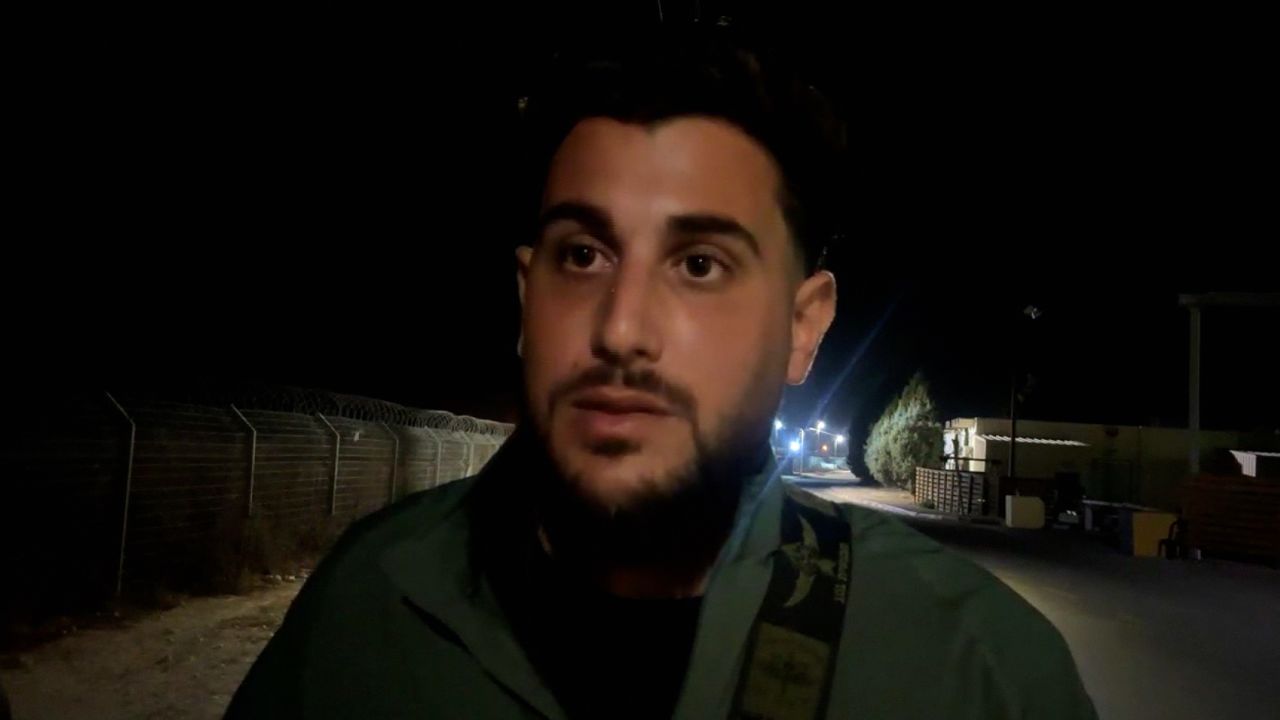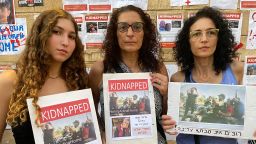Israel is gearing up for the next stage of its war on Hamas, following the Palestinian militant group’s brutal October 7 attacks that killed 1,400 people.
Following a week of unprecedented airstrikes on the Gaza Strip, which have killed more than 2,600 people, Israel is massing troops and military equipment on its border with the Hamas-controlled enclave. It has warned some 1.1 million people in the northern half of the strip to evacuate, according to the United Nations.
As Israel prepares for a ground offensive into Gaza, here’s what you need to know about the 140 square-mile territory – one of the most densely-populated areas on Earth.
What is Gaza? Gaza is a narrow strip of land, only about 25 miles long and seven miles wide – just over twice the size of Washington DC.
To its west lies the Mediterranean Sea, to its north and east is Israel, and Egypt is to its south.
It is one of two Palestinian territories, the other being the larger, Israeli-occupied West Bank, which borders Jordan.
Who lives there? Around 2 million people are crammed into the 140-square-mile territory. The overwhelming majority of people are young, with 50% of the population under the age of 18, according to the World Health Organization.
Nearly all of Gazans – 98-99% – are Muslim, according to the CIA World Factbook, with most of the rest Christians.
More than 1 million of Gaza’s residents are refugees, with eight recognized Palestinian refugee camps, according to the United Nations Relief and Works Agency.
Hamas has held the territory for years: In 2006, Hamas won a landslide victory in Palestinian legislative elections – the last polls to be held in Gaza.
Hamas is an Islamist organization with a military wing that formed in 1987, emerging out of the Muslim Brotherhood, a Sunni Islamist group that was founded in the late 1920s in Egypt.
The group considers Israel to be an illegitimate state and an occupying power in Gaza. Unlike other Palestinian groups, such as the Palestinian Authority, Hamas refuses to engage with Israel.
The group has claimed responsibility for many attacks on Israel over the years and has been designated as a terrorist organization by countries including the United States, the European Union and Israel. The last war between Hamas and Israel was in 2021, which lasted for 11 days and killed at least 250 people in Gaza and 13 in Israel.
Israel’s enduring blockade: Despite Israel’s withdrawal from Gaza, since 2007 it has maintained tight control over the territory through a land, air and sea blockade. For nearly 17 years, Gaza has been almost totally cut off from the rest of the world, with severe restrictions on the movement of goods and people.
The blockade has been fiercely criticized by international bodies including the UN, which said in a 2022 report that restrictions have had a “profound impact” on living conditions in Gaza and have “undermined Gaza’s economy, resulting in high unemployment, food insecurity and aid dependency.”
Israel has said the blockade is vital to protect its citizens from Hamas.
You can read much more about Gaza here, including details about Hamas, the territory’s history, and living conditions in the enclave.








